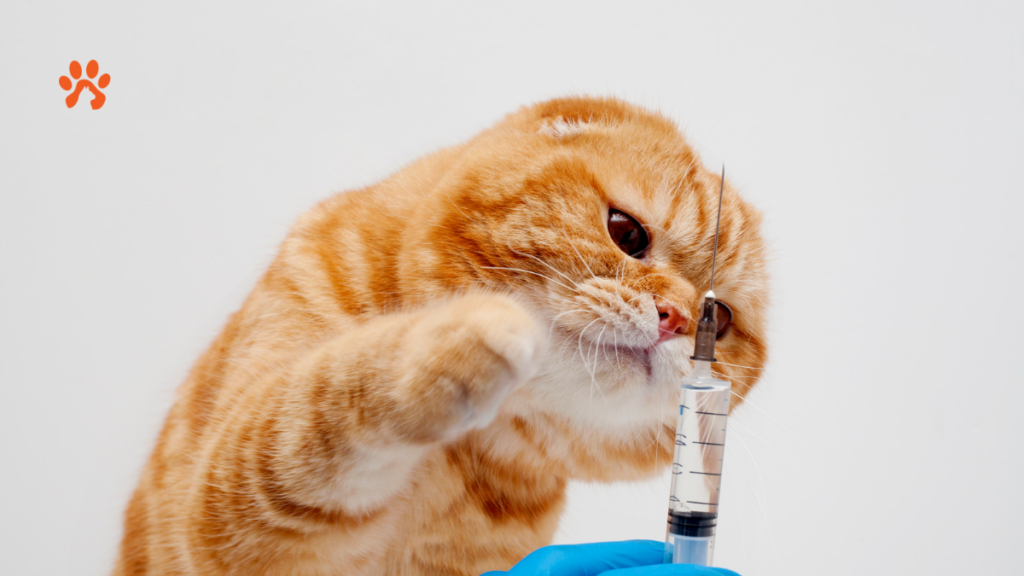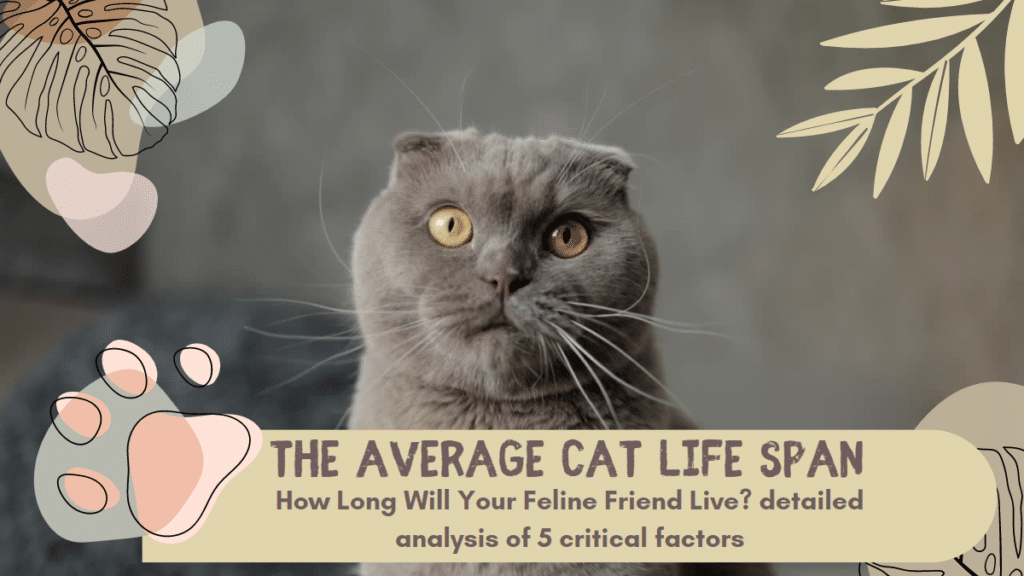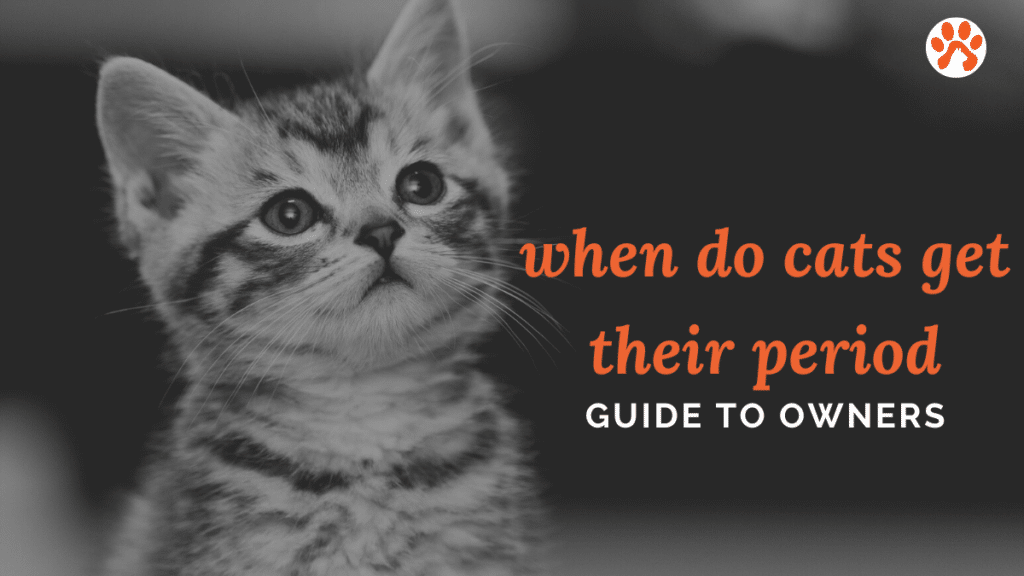When is it Time to Consider Euthanasia for a Cat with Pancreatitis? It’s a difficult question that many cat owners face when their furry friend is suffering from this painful and potentially life-threatening condition. While it’s never an easy decision to make, euthanasia can be a compassionate choice to relieve your cat’s pain and discomfort when other treatment options have been exhausted. Here are some key factors to consider when determining if it’s time to consider euthanasia for your cat with pancreatitis.
pancreatitis in cats when to euthanize:
pancreatitis in cats when to euthanize? Cats are beloved members of our families, and it can be heartbreaking to see them suffer from a painful condition like pancreatitis. This disease is caused by inflammation of the pancreas, which can lead to a range of symptoms including vomiting, diarrhea, lethargy, and loss of appetite. While many cats can recover from pancreatitis with proper treatment, there are cases where the disease is severe and can lead to a poor quality of life.
As a pet owner, it can be difficult to know when it’s time to consider euthanasia for your cat with pancreatitis. In this article, we’ll explore some of the factors to consider when making this difficult decision.
Signs of Severe Pancreatitis:
Before considering euthanasia for a cat with pancreatitis, it’s important to understand the signs of severe pancreatitis. These can include:
- Inability to eat or drink
- Severe vomiting or diarrhea
- Lethargy and weakness
- Difficulty breathing
- Yellowing of the skin or eyes (jaundice)
- Seizures or convulsions
If your cat is experiencing any of these symptoms, it’s important to seek immediate veterinary care. Severe pancreatitis can be life-threatening, and your cat may require hospitalization and intensive treatment.

Quality of Life Considerations:
When deciding whether to euthanize a cat with pancreatitis, it’s important to consider their quality of life. While some cats can recover from pancreatitis with proper treatment, others may develop chronic or recurrent pancreatitis that can lead to ongoing pain and discomfort.
Some factors to consider when assessing your cat’s quality of life include:
- Ability to eat and drink without difficulty
- Mobility and ability to move around comfortably
- Ability to engage in normal cat behaviors (e.g. playing, grooming, using the litter box)
- Pain levels and response to pain medication
- Overall energy levels and demeanor
If your cat’s quality of life is severely impacted by pancreatitis, and they are experiencing ongoing pain and discomfort despite treatment, it may be time to consider euthanasia as a compassionate option.
End of Life Care Options:
If you do decide to euthanize your cat with pancreatitis, it’s important to consider the various end of life care options available. These can include:
- In-home euthanasia with a mobile veterinarian
- Euthanasia at a veterinary clinic or hospital
- Cremation or burial services
- Materialization options such as urns or memorial jewelry
Your veterinarian can provide guidance and support throughout this process, and can help you make decisions that align with your values and beliefs.
Coping with Grief:
Losing a beloved pet can be a difficult and emotional experience. It’s important to take time to process your feelings of grief and loss, and to seek support from friends, family, or a mental health professional if needed.
Some tips for coping with grief after the loss of a pet include:
- Allowing yourself to grieve in your own way and on your own timeline
- Talking to others about your feelings and memories of your pet
- Engaging in self-care activities like exercise, meditation, or journaling
- Seeking support from a pet loss support group or mental health professional
While the decision to euthanize a cat with pancreatitis is never easy, it can be a compassionate choice for both the cat and the owner. Pancreatitis can cause severe pain and discomfort in cats, and in some cases, the disease can be chronic and unresponsive to treatment. When a cat’s quality of life is severely impacted by pancreatitis, it may be kinder to let them go peacefully rather than prolonging their suffering.
Euthanasia is a humane way to end a pet’s life and is often chosen when there are no other viable options for managing their pain and discomfort. While it can be a difficult decision to make, it’s important to prioritize your cat’s well-being and consider what is best for them in the long run.

It’s essential to work closely with your veterinarian when considering euthanasia for your cat with pancreatitis. They can provide guidance and support throughout the process and can help you determine when the time is right for your pet. They may also be able to offer palliative care options to help manage your cat’s pain and improve their quality of life in their final days.
Ultimately, the decision to euthanize a cat with pancreatitis is a deeply personal one that should be made with careful consideration and compassion. While it’s never easy to say goodbye to a beloved pet, choosing euthanasia can be a kind and humane way to help them find peace and relieve their suffering.
FAQs
- Can cats recover from pancreatitis? Yes, many cats can recover from pancreatitis with proper treatment including medication, dietary changes, and supportive care.
- How do I know if my cat has pancreatitis? Common symptoms of pancreatitis in cats include vomiting, diarrhea, lethargy, loss of appetite, and abdominal pain. Your veterinarian can diagnose pancreatitis through a physical exam, blood tests, and imaging tests like an ultrasound.
- When should I consider euthanasia for my cat with pancreatitis? It’s important to consider your cat’s quality of life when making this decision. If your cat is experiencing ongoing pain and discomfort despite treatment, and their quality of life is severely impacted, euthanasia may be a compassionate option.
Conclusion
Pancreatitis in cats can be a challenging and painful condition, and as pet owners, it’s our responsibility to provide the best possible care for our furry friends. While many cats can recover from pancreatitis with proper treatment, there are cases where the disease is severe and can lead to ongoing pain and discomfort. If your cat’s quality of life is severely impacted by pancreatitis, it may be time to consider euthanasia as a compassionate option.
When making this difficult decision, it’s important to consider your cat’s symptoms, quality of life, and available end of life care options. Your veterinarian can provide guidance and support throughout this process, and can help you make decisions that align with your values and beliefs.
Remember that losing a pet can be a difficult and emotional experience, and it’s important to take time to process your feelings of grief and loss. Seek support from friends, family, or a mental health professional if needed, and remember that you are not alone in this journey.
You may Also Like: How to Help Your Gassy Kittens: 5 Causes, Solutions

